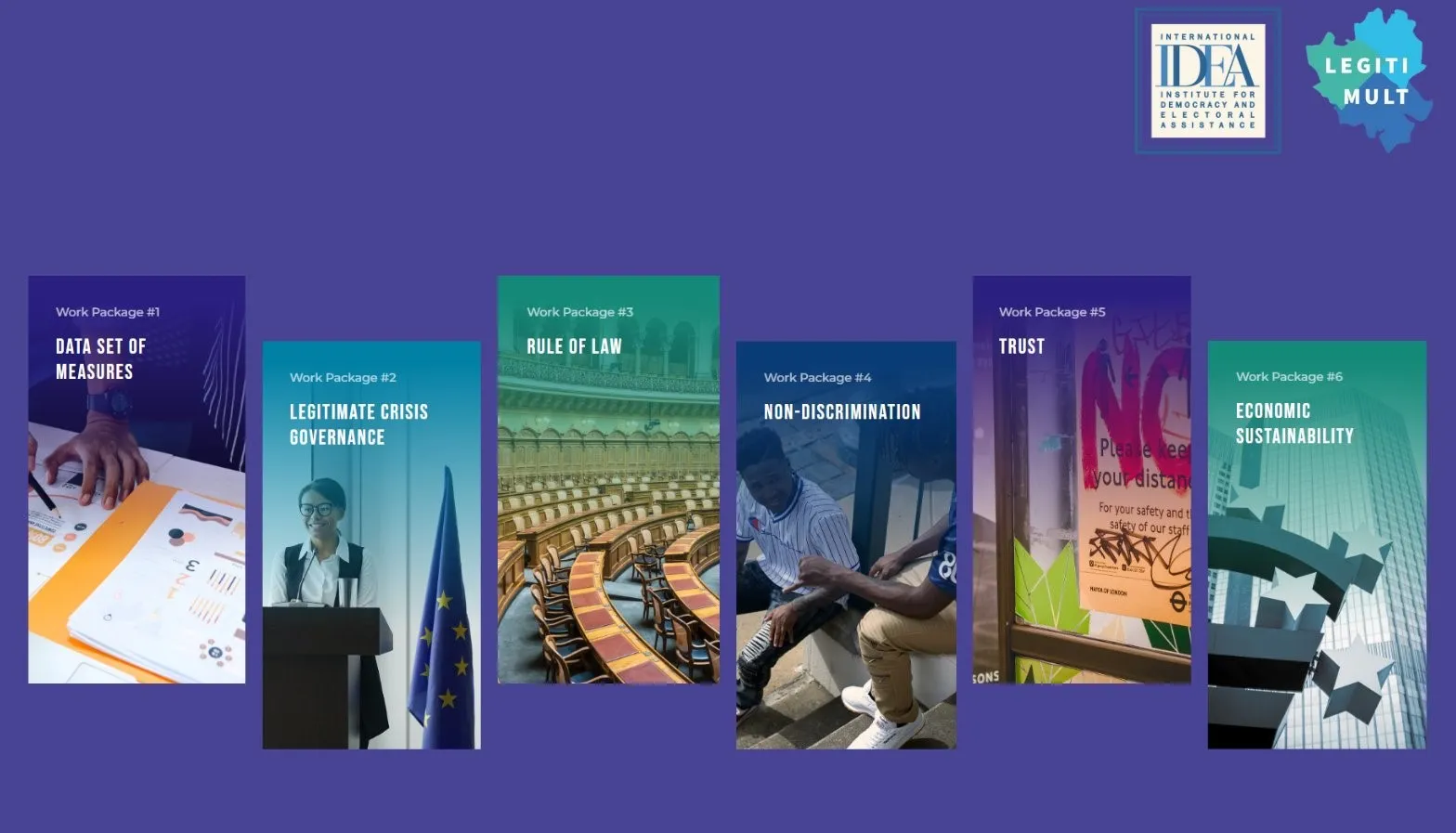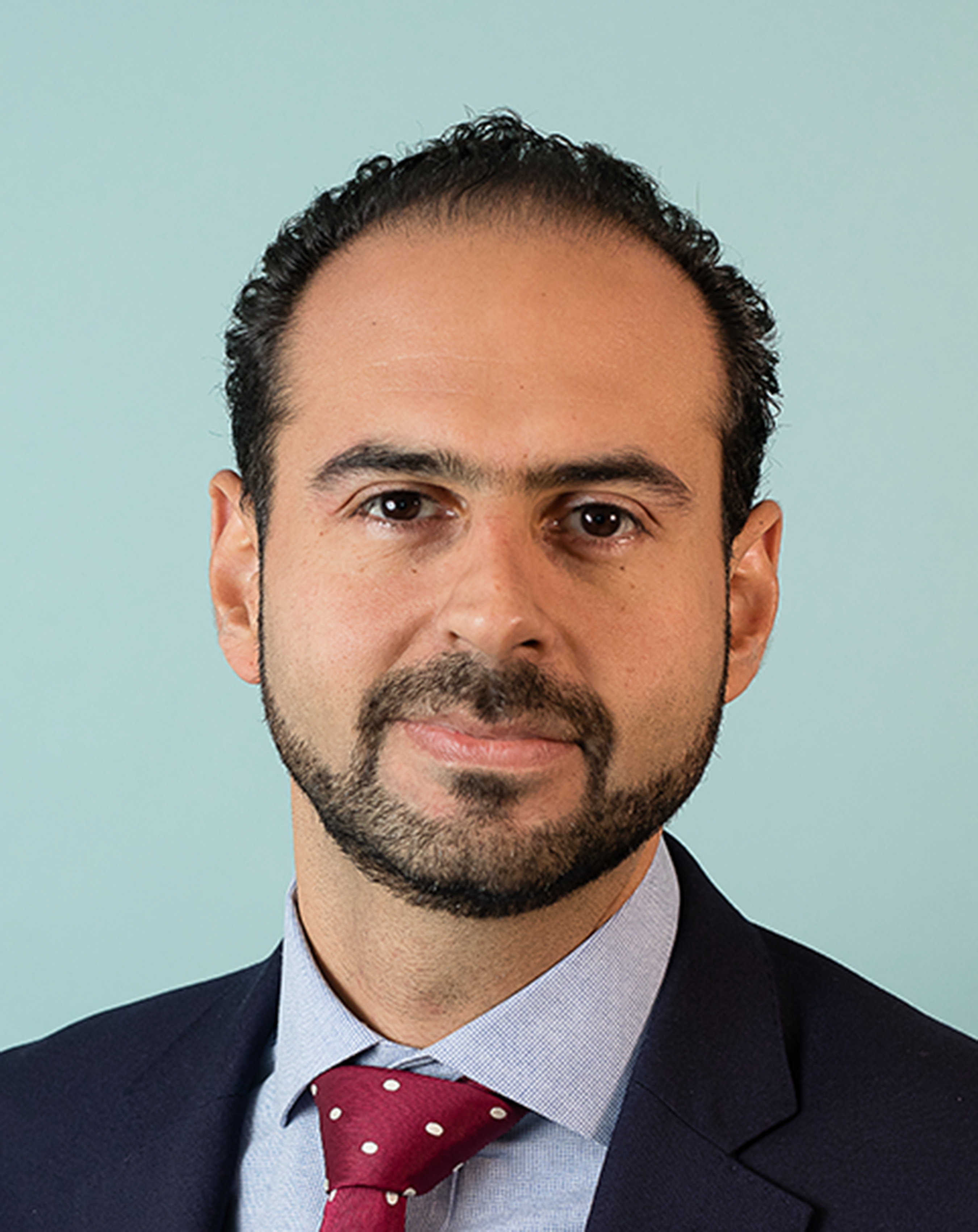LEGITIMULT: A tool for future crisis management

Every year, several institutions and organizations select a word of the year, reflecting the ethos, concerns, interests (and even internet searches) of people around the world during that time. One such institution is the Collins Dictionary, which selected “Permacrisis” as the word of the year for 2022. Permacrisis describes ”an extended period of instability and insecurity,” highlighting that the world faces—and will continue to face—multiple crises.
In 2023, the trend continues as myriad publications indicate crises are ”inevitable” or at least highly likely. This year, the Doomsday Clock (a symbolical clock that shows how close—or not humanity is from disappearing) was moved to 90 seconds before midnight, signaling the world is closer to catastrophe than it has ever been. The list of risks is long and what we know for certain is that from climate change to violent conflicts, from migration to energy crisis, from epidemics to pandemics, governments across the globe are facing an ever-increasing number of challenges.
This does not mean we will not be equipped to deal with such crises. While the Covid-19 pandemic has shown that governments struggled to implement solutions that are both effective and legitimate, it has also provided lessons to be better prepared for the future—if only we take stock. Between 2023 and 2025, the research project titled LEGITIMULT (Legitimate Crisis Governance in Multilevel Systems) will analyse the impact of the measures taken during the Covid-19 crisis on the democratic functioning of 27 European Union countries, as well as Switzerland, Norway, Iceland and the United Kingdom. (LEGITIMULT is funded through Horizon Europe and the Swiss State Secretariat for Education, Research and Innovation [SERI]).
Bringing together 11 institutions (including International IDEA, which provides policy-oriented support), LEGITIMULT seeks to assess the impact of the Covid-19 measures on democratic governance-The project will develop nine different work packages: the creation of a dataset of measures; legitimate crisis governance; rule of law; non-discrimination; trust; economic sustainability; project to practice; communication and coordination.
These packages will allow us to evaluate the relationship between multilevel governance institutions and Covid-19 crisis measures and its impact on democratic legitimacy and improve future crisis governance by developing a toolbox. This is highly relevant as the aim is not only to have effective responses, but that these measures respect and guarantee basic human rights and freedoms.
In short, LEGITIMULT aims to identify a model of political legitimate crisis governance that takes into account the multilevel nature of policy-making, namely the interplay between international, national, regional and local governments and institutions. Moreover, its guiding research question “Which conditions contribute to democratically legitimate crisis governance?” will allow national and local governments and policy makers to better face the ”permacrises” of the future.




